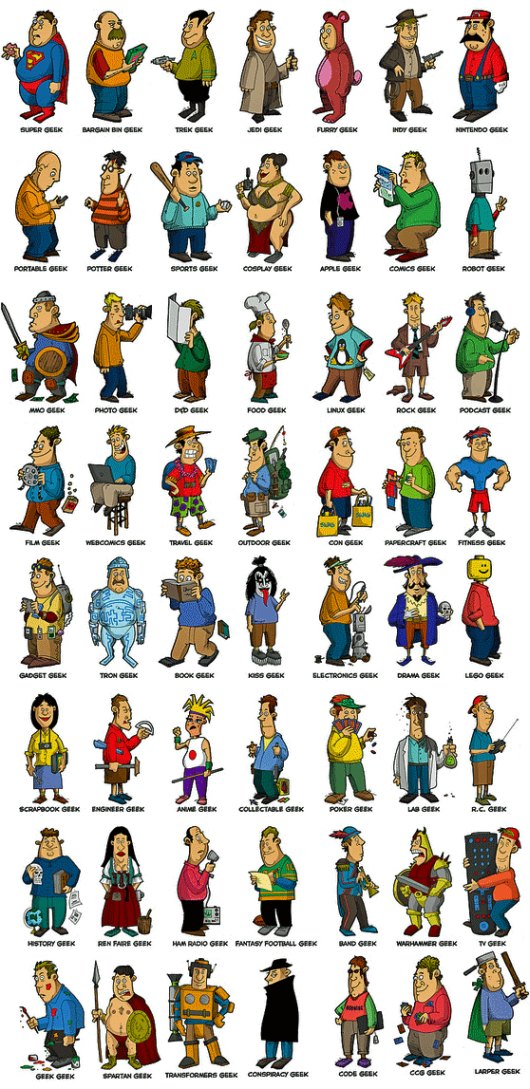My thoughts instead are drawn to a curious phrase that Brown introduces with regard to geekhood: "complete and utter." As far as I can tell, just as there is no "separation of church and state" clause in the First Amendment, there is no "complete and utter" clause in the Geek Amendment to the Constitution. Brown implies several things with this. One is that a "true" geek is not allowed to have interests, only obsessions. I don't begrudge Brown his obsession; I have my own obsessions. But even an obsession does not guarantee "complete and utter" expertise, and I've met quite a few people that believe that their obsession has given them complete and utter command of the relevant facts. Even though Brown has made a name for himself leading the charge against Wright enthusiasm, I remain skeptical of any narrative, even though it does make for interesting reading. In fact, his tone indicates to me that he has a "religious-type" belief in his heterodox narrative.
Aside from Brown's implication about the noble Order of Geekhood, it also implies a disdain for anyone who isn't an expert (according to whom?) in matters they shouldn't express an opinion. I'm sure a person who spends his time leaving supercilious comments on random websites to shame them out of an opinion other than his own, must truly believe himself to have the only informed opinion out there. While Brown is certainly right to introduce evidence that he believes controverts a differing opinion, I consider it ridiculous to try to stifle people from sharing their opinions based on the information they have encountered thus far.
Geeks aren't really a well-defined group, and I'm not sure that they should be. What I have in mind when I use to the term is probably what John Elder Robinson has in mind with the term "proto-Aspergian." Geeks generally exhibit enthusiasm-bordering-on-obsession for their interests, an Aspergian aspect that does show up in one of the common definitions of geek, and as in Asperger's, HFA, and PDD-NOS, this usually performs a regulatory function for them.
Proto-Aspergians often come across as pedantic whether or not they are trying to exhibit their expertise, and are often . This is complicated by a society that often interprets any show of esoteric knowledge as pedantry, and geeks are often clueless (see the common "social" definition of "geek") as what makes some bits of knowledge unusual; what strikes most as recondite, strikes a geek as merely interesting. Even the word "recondite" will appear pedantic to many. This is often very confusing to geeks, because we will periodically get the response "Oh, I thought you were an expeeerrrrt, Mr. Smarty-Pants! How come you don't knoooowwww?" (even sometimes from other geeks) heightening our general state of confusion about the world of the normal folk that surround us.
Geeks may also be more prone to finding a sense of worth in the knowledge that seems so arcane to the muggles around us, and there may well be a pronounced temptation to be arrogant. This might partly explain the collective attitude of arrogance that emanates from the scientific establishment. I like to read lively debate where people are offering challenges and attempting to rebut them, and I understand that our resident aeronautics enthusiast is working on some lengthy rebuttals in response to all the attention his article has received. I doubt that whatever is shared, however, will be "complete and utter" enough to shake Brown's faith in the narrative in which he has clearly invested so much of his time. He has no doubt garnered much knowledge, but it remains to be seen whether this knowledge is not open to challenge. I will give John Brown (presumably this John Brown) a blue ribbon for complete and utter haughtiness, but I don't consider that trait a necessary qualification for geekhood.
 |
| Complete and utter ... ? Line-up of assorted geex-perts and geex-tremists |
No comments:
Post a Comment